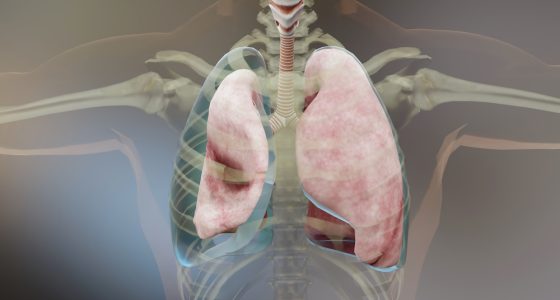Pleurodesis is one of many procedures that patients diagnosed with malignant pleural mesothelioma can expect to undergo. This minor surgery drains fluid that builds up in the space between the pleural lining and the lung, making it easier for patients to breathe. But a new study out of Canada has revealed that the procedure can lead to catheter tract metastasis in as many as a quarter of patients in whom the catheters are placed, and the new tumors that result are often missed by radiologists.

Pleural Effusion Adds to Mesothelioma’s Discomfort
It is common for pleural effusions to develop in mesothelioma patients, and in some cases they are the first symptom of the disease. The body produces the fluid to try to fight the cancer in the pleural cavity, but this creates additional pressure within the lungs and makes it hard for patients to breathe deeply. Physicians are able to address this issue by either inserting talc into the area where the fluid collects or by draining the fluid. The latter procedure involves placement of an indwelling catheter.
When the catheter is inserted in or removed from the mesothelioma patient’s chest, microscopic cancer cells can be carried along with it, and may end up ‘seeding’ into other cells. These can grow into new tumors which are hard to find, especially when they are just forming. Even CT scans may miss them.
Report Reveals Signs of New Mesothelioma Tumors from Catheter Tract Metastasis
According to the report published in the journal Euopean Radiology, there are effective ways to spot these metastases in mesothelioma patients who have undergone pleurodesis, and physicians should be aware of them. Lead researcher Faisal Hamad points out that enlarged chest muscles that appear on the same side of the chest where the catheter was place is a telltale sign.
“Ipsilateral muscle enlargement is a newly described CT finding that can assist in the detection and diagnosis,” he writes. This is very important, as his study showed that the tumors, which grow at a median rate of 3.5 mm per month, are “commonly overlooked and underreported by radiologists.”
If you or someone you love is being treated for malignant mesothelioma, it is important that you get the best medical care possible. For information on accessing resources, contact the Patient Advocates at Mesothelioma.net today at 1-800-692-8608.
